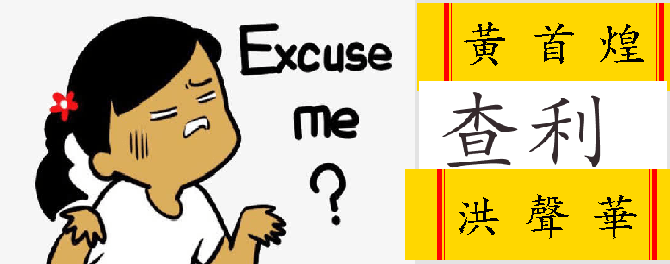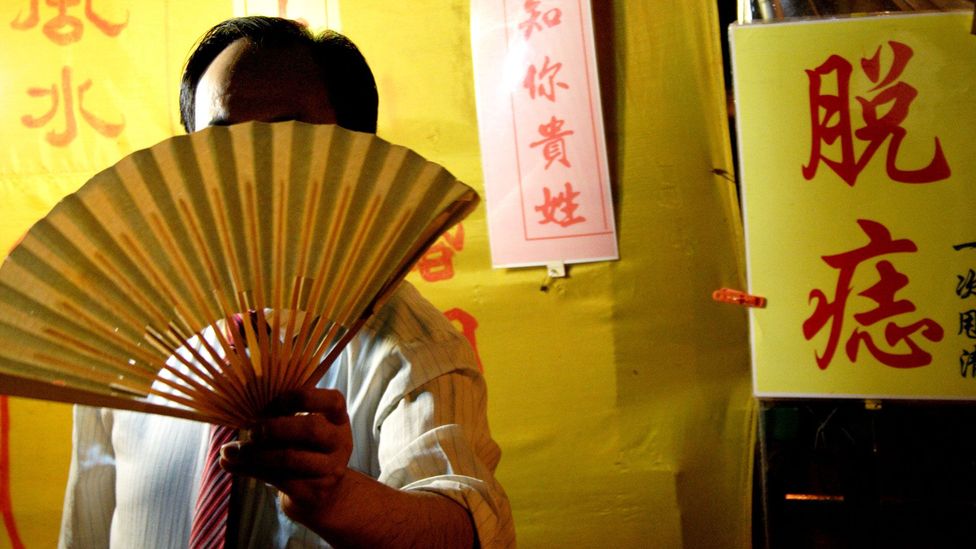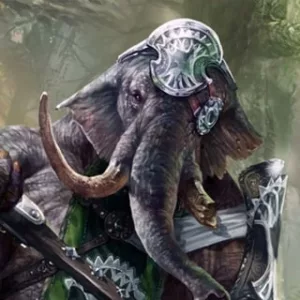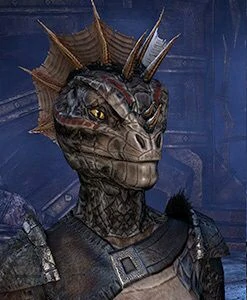
The Quick Beginner’s Guide to Chinese Names
Chinese people often use English names when they try to introduce themselves to foreigners. But few of us have tried exploring and creating a Chinese version of our names. In Chinese culture, names are very important because they believe it shapes the personality of their owner. In this article, we’ll have a quick tour of Chinese names history and tackle Chinese naming conventions as well as a few examples of Chinese boy and girl names.
Article Summary:
- Chinese names are essential because they shape the personality of their owner.
- Chinese nobles have up to four names, including personal, clan, lineage, and courtesy names. Commoners, on the other hand, have only one personal name.
- Chinese names begin with a last name followed by their personal given name, which can have one or two characters.
- Chinese names can be created or derived from Feng Shui, zodiac signs, astrology, and meaning.
- Popular Chinese girl names include Hua, Ai, Xiang, Mei, Xiu, Ying, Mèng yáo, Ya, Fang, and Zhi.
- Popular Chinese boy names include Gāng, Wei, Yǔxuān, Yǔchén, Zixuan, and Yuze.
- Chinese women’s last names do not change after marriage, and children always take the father’s family name.
Chinese Last Name Generator
-
Gao Wuzhou
-
Si Ma Bai
-
Si Ma Wang
-
Hu Tingzhe
-
Ma Chongan
-
Ou Yang Yunxu

History of Chinese Names
There are no written explanations of how Chinese names were made. It can only be observed based on written accounts from ancient Chinese historians. During the Zhou dynasty, for example, Chinese nobilities can have up to four different names. Each noble can have a personal name, a clan name, a lineage name, and a “style” or “courtesy” name. Most of them also have at least two titles; one standard title and a posthumous (after death) title.
Table of Contents
Chinese commoners only have one personal name. During the ancient Chinese civilizations, the family lineage of commoners are irrelevant, thus they do not possess any family names. It is only by 500 B.C. that commoners were allowed to bear family names after their fathers. Although this was allowed, it took several centuries before all Chinese people from a generation possess their family names.
Personal names or given names are diverse in Chinese culture compared to surnames. It is estimated that there are at least 106,000 individual Chinese characters solely intended to spell personal names. Personal names are based on the different qualities of a child. Environment, wealth, and standard of living also play important factors in how Chinese children were named. Today, around 80% of Chinese names are made up of two-character names. Surprisingly, this naming convention has been consistent since the Ming dynasty. On the other hand, 85% of the entire Chinese population have the same last names from at least 100 last names. The most popular Chinese last names are Li, Zhang, and Wang.
Chinese Naming Convention
Similar to other neighboring countries like Japan and Korea, Chinese names begin with a last name or clan name followed by their personal given name. Chinese family names usually have one Chinese character while their given name has one to two characters. Chinese traditional names do not have space between the last name and the given name when written in Chinese characters.
How Chinese Names are Created or Derived
Chinese names are influenced by many factors, following their customs and tradition. Feng Shui for example is a spiritual belief in the flow of energy in Chinese culture. They use Feng Shui to make decisions on how names will be created. Feng Shui masters make predictions and anticipate how positive or negative a name will be. If the name is perceived to bring luck and a positive outcome for the child, that name is given. Otherwise, the name is changed to a different one.
Zodiac signs and astrology are also considered by most Chinese parents. Astrological events during birth such as meteor showers, eclipses, or full moons can be a basis for creating Chinese names.
Meaning, on the other hand, is the simplest and more popular way of creating Chinese names. Feminine descriptions or adjectives can be used as names for Chinese girls. Nature and animals can be gender-neutral names for babies. Chinese boy names can have names derived from strength, will, or any masculine words the parents can think of.
During marriage, Chinese women’s last names do not change. Instead, they can keep their original family name, or they combine it with their husband’s last name. Children’s names will always take the father’s family name though.
Popular Chinese Girl Name
- Hua (花) – A common Chinese girl name which means “flower”
- Ai (爱) – Ai is one of the widely used Chinese names today. It means “love” or “care” in English.
- Xiang (香) – means “fragrance” when translated into English.
- Mei (美) – is the Chinese word for “beauty”.
- Xiu (秀) – Xiu is another popular name for Chinese girls. This means “elegant” or “luxurious”. It may also mean “beautiful” (of an inanimate object).
- Ying (英) – This name means “wise” in English.
- Mèng yáo (梦瑶) – Translates as “dream” or “jade”.
- Ya (雅) – Ya is synonymous with the term Xiu which also means “elegant”.
- Fang (芳) – describes a scent or means “fragrant”.
- Zhi (智) – Translates as “wisdom” or “intellect” in English.
Popular Male Chinese Names
- Gāng (刚) – The name Gang is usually given to tough Chinese boys. This means “strong” in English.
- Wei (伟) – Wei is often associated with royal families. This name means “greatness” when translated.
- Yǔxuān (宇轩) – This name is a compound Chinese term referring to the space or universe in general. This translates as “universe” and “high”.
- Yǔchén (宇辰) – This is another form of the name Yǔxuān. It is a compound term for the words “sun” and “moon”.
- Zixuan – This name is considered one of the most commonly used names in the year 2010. This name means “cute” or “adorable”, and is also used for Chinese girl names.
- Yuze (雨泽) – Yuze is a compound term derived from the words Yu (rain) and Ze (marsh).
- Tao – This name describes the ocean and directly translates as “large waves”.
- Hàorán (浩然) – This Chinese boy’s name came from the Chinese terms Hao and ran which means “great” and “space” respectively. Another term for this is the word “vastness”.
- Hào Yáng (浩洋) – Translates as “vast sea” in English.
- Chen – This name means “morning” in English.
Popular Chinese Last Names
Fuxi Institution in China recorded the top 400 of the most popular Chinese last names of 2013. We listed 20 of the 400 last names as follows:
Ranking | Name | Translation |
1 | 王 | Wang |
2 | 李 | Li |
3 | 张 | Zhang |
4 | 刘 | Liu |
5 | 陈 | Chen |
6 | 杨 | Yang |
7 | 黄 | Huang |
8 | 吴 | Wu |
9 | 赵 | Zhao |
10 | 周 | Zhou |
11 | 徐 | Xu |
12 | 孙 | Sun |
13 | 马 | Ma |
14 | 朱 | Zhu |
15 | 胡 | Hu |
16 | 林 | Lin |
17 | 郭 | Guo |
18 | 何 | He |
19 | 高 | Gao |
20 | 罗 | Luo |







